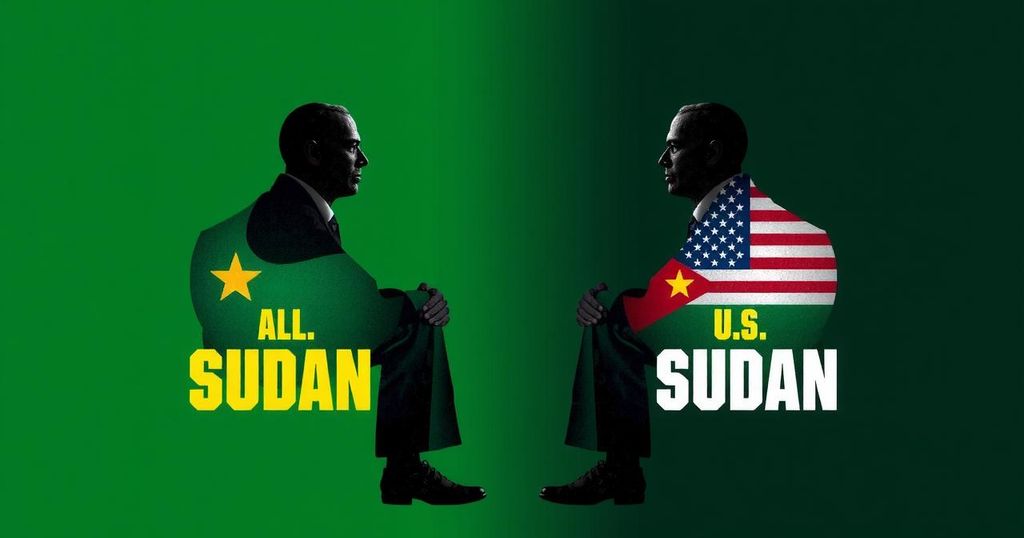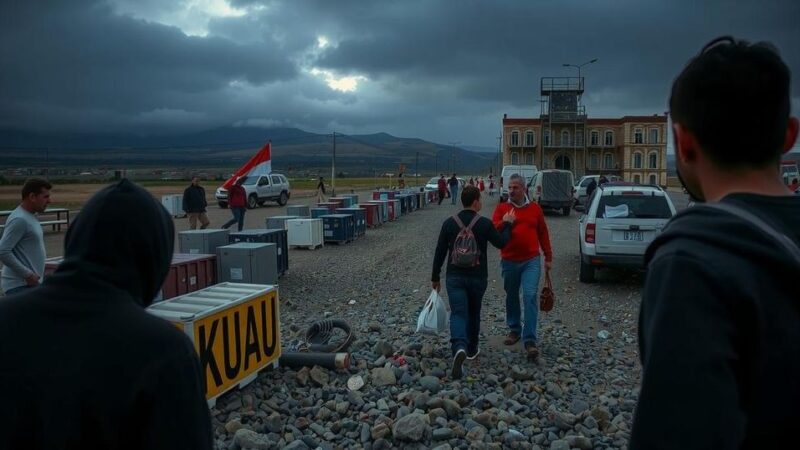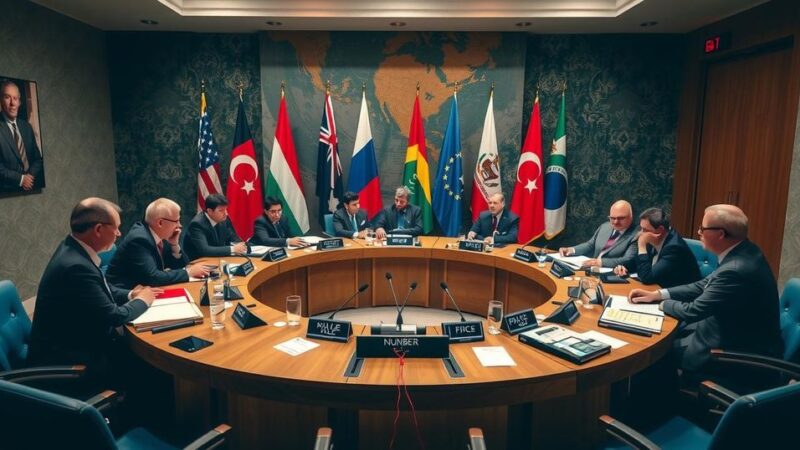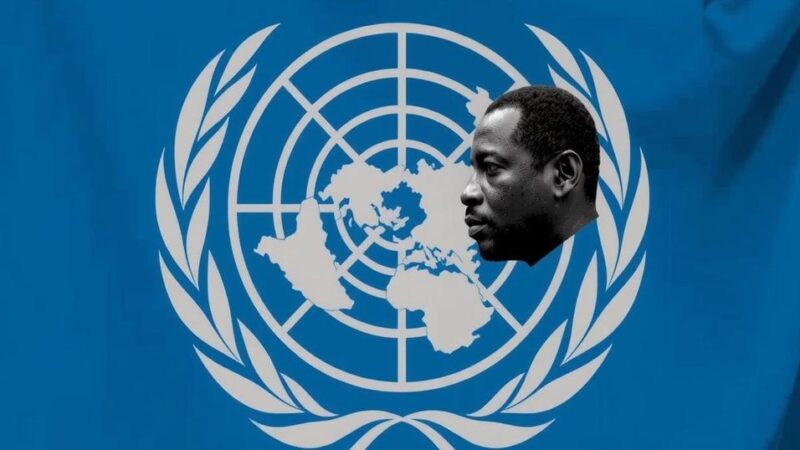In a notable shift during discussions between U.S. and UAE leaders, the focus was placed on the Sudan crisis rather than typical issues like the Russia-Ukraine war. Political analyst Mohamed Hereika highlighted the U.S. designation of the UAE as a “major defense partner,” while both nations stressed the importance of ending hostilities in Sudan and restoring civilian governance. Despite allegations of UAE support for the Rapid Support Forces, Hereika called for dialogue as the only solution, underscoring that negotiations ultimately lead to resolution.
In recent discussions between United States officials and the United Arab Emirates (UAE), the focus on Sudan raised eyebrows among analysts, particularly journalist and political analyst Mohamed Hereika. He noted that the meetings between U.S. President Joe Biden, Vice President Kamala Harris, and UAE President Mohammed Bin Zayed diverged from more anticipated topics, such as the ongoing Russia-Ukraine war or the conflict in Gaza. Hereika emphasized the importance of the U.S. formally recognizing the UAE as a “major defense partner,” which was a significant outcome of these discussions. In light of the Sudanese crisis, both countries expressed a commitment to finding a peaceful resolution, denouncing military solutions and advocating for immediate actions to cease hostilities and restore governance led by civilians. Hereika pointed out the notable alignment in perspective regarding the Sudan conflict, especially as there are accusations from certain factions within Sudan’s government against the UAE. Although there exists rising tension in Sudan’s government towards UAE’s involvement, Hereika remarked on the UAE’s ongoing advocacy for peaceful resolutions, particularly concerning the plight of Sudanese refugees in Chad. Furthermore, a video circulating on social media featured a refugee appealing to the UAE to cease its support for the paramilitary Rapid Support Forces (RSF). Although international organizations have warned against interference in Sudan by regional powers, they have not implicated the UAE directly. Hereika asserted that the UAE’s designation as a U.S. defense partner enhances its regional influence. Despite recent allegations published in the New York Times regarding the UAE’s support for the RSF, Hereika found it perplexing that diplomatic relations between the UAE and Sudan have not been severed, even in the face of escalating accusations. He questioned the UAE’s capacity to act as a mediator in the Sudan conflict, citing claims of bias which led to the Sudanese Armed Forces withdrawing from recent discussions in Geneva. Hereika concluded by emphasizing the necessity of dialogue as the sole avenue for resolution, stating, “All wars eventually end at the negotiating table,” and he urged immediate political initiatives to avert a deeper humanitarian crisis. A commitment to a peaceful resolution was reaffirmed by both the United States and the United Arab Emirates.
The geopolitical landscape in Sudan has been complex, with ongoing conflicts leading to a humanitarian crisis, particularly impacting civilian governance. The Sudanese conflict has drawn global attention due to its implications for regional stability and humanitarian issues. In this context, the involvement of powerful nations like the United States and prominent allies such as the UAE is significant, as these entities possess the capacity to influence dialogue and resolution strategies. The UAE’s controversial support for certain factions within Sudan, specifically regarding the RSF, has generated scrutiny and complicates its role as a mediator in the conflict. Amidst these tensions, formal acknowledgments of partnerships, like the UAE’s designation as a U.S. defense partner, indicate both nations’ strategic interests in the region and their shared principles in advocating for peaceful resolutions.
In conclusion, the recent U.S.-UAE discussions have brought Sudan’s crisis to the forefront, showcasing an unexpected shift in focus. Both nations have articulated a strong stance against military engagement in Sudan and emphasized the importance of swift political solutions and civilian governance restoration. Amidst pressures and accusations towards the UAE regarding its regional involvement, there remains a shared commitment to facilitating dialogue as a means to resolve the conflict and address the humanitarian concerns. As articulated by analyst Mohamed Hereika, the pathway to peace lies in negotiation, stressing the urgency of political engagement to mitigate further humanitarian disasters in Sudan.
Original Source: www.dabangasudan.org






